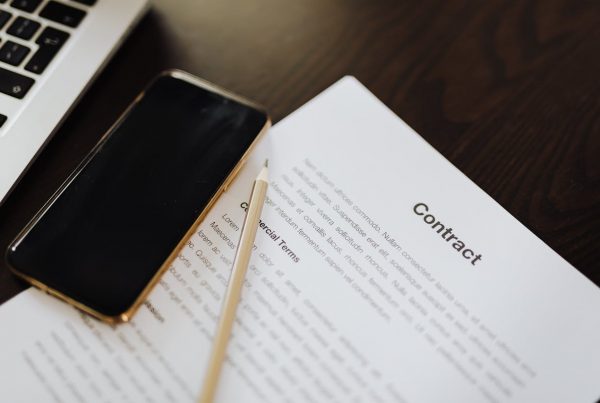Introduction
You have heard of the phrase “due diligence” but what really happens in a due diligence exercise. When does it begin and how does it affect a potential purchaser or a seller of his business. Expertly equip yourself on the processes and know what to expect after a due diligence exercise.
Before the commencement of a Due Diligence
Before the commencement of the due diligence exercise, parties would be strongly advised to execute a Non-Disclosure Agreement (“NDA”). The NDA binds the Buyers (and their advisors) to keep the documents and information disclosed during the negotiations and the due diligence exercise, as private and confidential between the parties.
The NDA would usually include clauses protecting confidential information, non-solicitation provisions barring the Buyer from soliciting employees or customers of the Target. This way even if a deal does not go through, it protects the target company (“Target”) from losing its Confidential Information, key employees and staff who would have been in the eyes of the Buyer.
Also Read: What is an NDA and How to Use it to Your Advantage?
#1 When would a Legal Due Diligence Typically Commence?
The legal due diligence should be initiated in the early stages of discussions for a potential sale.
Following initial negotiations between the parties, and once the prospects of the sale seems to be going through, the potential purchaser should insist to kick off the due diligence process.
In some jurisdictions, it is not uncommon for a share purchase agreement to be signed before the due diligence process commences. The obligation to purchase would ultimately be subject to a satisfactory outcome to the purchaser of the due diligence investigation.
In Singapore it has been observed that companies prefer to carry out their preliminary due diligence exercise first before even discussing the sale and purchase agreement. The interested parties would have signed a letter of intent or a Memorandum of Understanding (“MOU”) before the due diligence is considered.
Request for Documents
It is also advisable that the potential purchaser should engage legal and financial advisors to make the necessary requests to the sellers for documents to be provided in order for them to be able to carry out the said examination.
Customisable Scope of Work
The due diligence exercise can be customisable to scope of work, specific issues or focussed areas. The purchaser may also use their own internal employees to carry out specific tasks to manage costs and instruct their advisors to handle the complicated issues.
Setting Time Frames
Typically, a time frame is set within which this process must be concluded, and the professionals, engaged to carry out this exercise, would need to abide by the said time limits.
#2 How is Due Diligence Carried Out?
Legal and financial advisors would either be given physical documents or through online access.
If physical documents are provided, sme lawyer in Singapore would have to physically attend at the premises of the Target or at a location specifically set up for the purpose and review voluminous documents.
With technological advances, it is now easier for the documents to be made available via online services specifically catering for the setting up of virtual data rooms (VDRs). Documents are electronically uploaded on an online portal and the financial and legal advisors are given access for a period of time.
There are other options such as file-sharing but the idea is that there the documents should be kept confidential so that unauthorised persons do not have access.
#3 What documents are reviewed during the exercise?
Due Diligence Checklist
The advisors would normally provide the seller with a Due Diligence Checklist setting out a list of documents and files which they would expect the seller to provide for the purposes of the exercise.
The assessment will be limited to the documents provided. The initial collection of documents has to be thorough for the purchaser and its advisors to be able to assess the entity on the basis of the documents provided.
The documents requested would typically cover several aspects of the business. For example:-
Financial documents including financial statements and management accounts, obligations, guarantees, long-term and short-term debts;
Plant, property and equipment checklist to verify the assets of the Target;
The potential purchaser may require a due diligence on the business operations of the Target to be carried out which requires the purchaser to assess the Target’s workflow process, machinery, staff strength, materials weakness and environmental risks.
Tax and accounting matters are often left to the financial advisors but it can also dealt with internally or if a legal view is required from the legal advisors on tax matters.
#4 What is the Seller’s Duty in a Due Diligence Exercise
In disclosing documents to the purchaser, the seller has a vested interest that the documents shown to the purchaser are complete, true and represent a fair view of the legal state of affairs of the Target. There are of course circumstances where the seller states that its disclosure of documents are made without any representations on the accuracy of the information provided and there is no one method or way to handle disclosure.
It is important to bear in mind that any documents omitted which may have a bearing on the sale or which were not produced during the due diligence exercise will not exclude the seller from liability in the event of a claim for breach of the warranties and representations.
#5 Is Expertise Required in a Legal Due Diligence Exercise
In a legal due diligence exercise, it is common to come across a variety of legal documents typically made available either physically or by way of a virtual data room.
Due to the voluminous documents and in the interest of timelines, a large number of persons may be deployed in the relevant sections to be involved in the process. It is for this reason that having lawyers who are familiar and specialised in due diligence are entrusted with carrying out such due diligence exercises. The legal team would then be in a position to review the documents swiftly falling within their area of expertise and be able to highlight any concerns for the potential purchaser.
These concerns would then either be remedied as a condition precedent to the acquisition or excluded from the representations or warranties included in the share purchase agreements. The findings in the due diligence would then affect the price of the acquisition.
#6 What is the result of a Legal Due Diligence exercise?
Following the assessment of all the documents provided and consideration of the independent searches carried out, the lawyers would usually provide a legal due diligence report (“DD Report”) in some form or other to the potential purchaser. The DD Report can take various formats depending on the potential purchaser’s needs and budget.
The lengthier DD Reports would provide a description of all the documents reviewed and greater analysis of the documents reviewed. Some purchasers request the sme lawyer in Singapore to focus on specific matters and to highlight only matters of concern. In such reports, the issues would be indicated with a green, amber or red flag to distinguish the importance of the findings with respect to the planned transaction and scope of due diligence work.
Other DD Reports only include matters which are to be considered as red flags or sometimes known as “Red Flag Reports” and such reports do away with any other description of the documents under review.
Some potential purchasers may require some reports that may also include further requests to be made to the sellers on the basis of the documents provided or omitted.
Typical red flags may include important commercial contracts which contain change of control clauses or limitations, significant potential or pending litigation, financial agreements indicating substantial loans or property leases with impending expiry dates.
Also Read: 5 Reasons Why Due Diligence is Important When Buying a Company
A well drafted DD Report should be able to distinguish the substantial risks from the more ordinary ones and it is an effective tool in structuring the purchase agreement, or limiting or qualifying the representations and warranties given by the seller.
It is also common to observe in a letter of intent or MOU, that a condition to the completion of the purchase transaction is subject to there being a satisfactory due diligence exercise carried out with or without a DD Report. It follows therefore that on successful completion of the due diligence exercise, and subject to other conditions precedents found in the Sale and Purchase Agreement, the parties would be able to move on to complete the transaction.
Conclusion
As it can be seen from the due diligence process above, there are many steps that are needed to be carried out and you do need a certain degree of understanding and expertise for an effective due diligence exercise to be carried out, although the process is not difficult but can be tedious.
The very purpose of due diligence is to ensure that the potential purchaser identifies the risks early and is able to contain the risks with tools such as providing extensive warranties and representations or adjusting the purchase price or even providing for a retention sum for the known risk to be paid at a later date.
Equipped with knowing what to look for in a company, it would help any potential purchaser to save time and allow the purchaser to make an informed decision.







